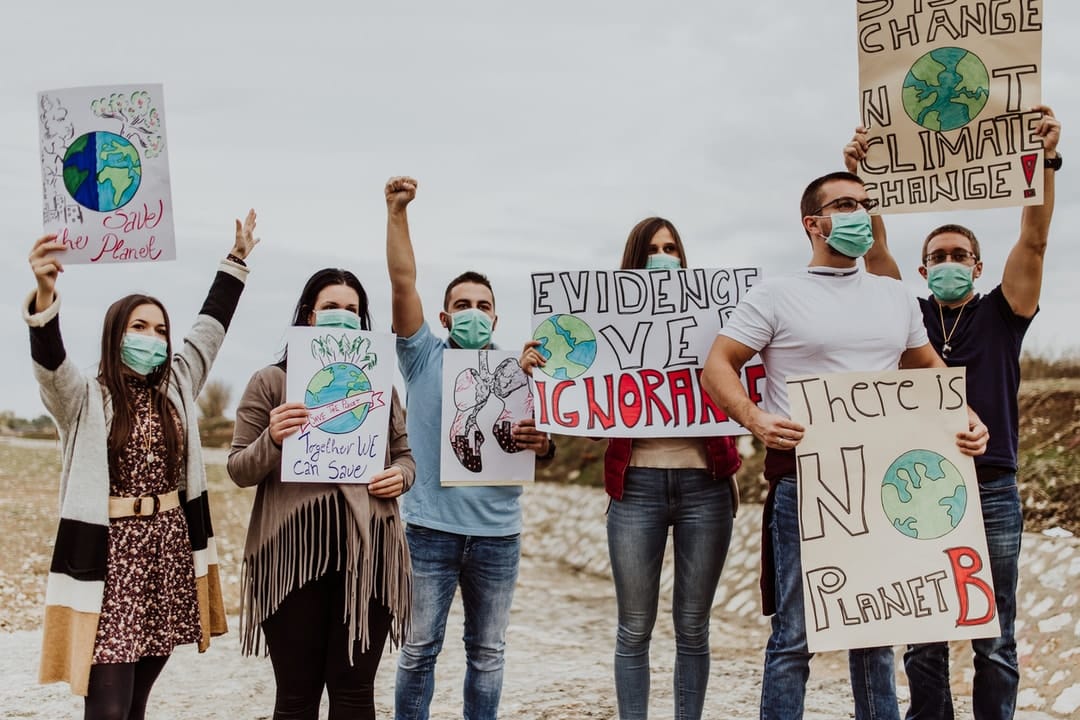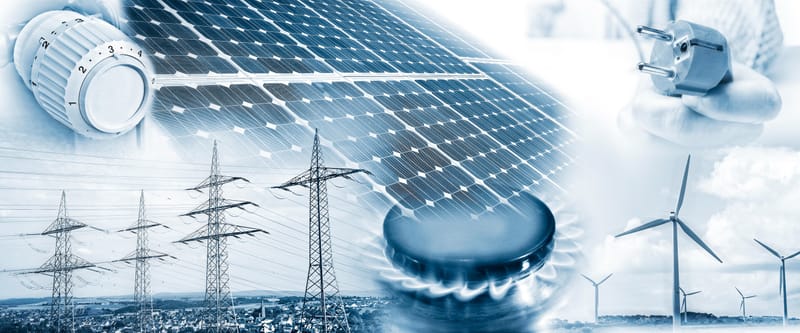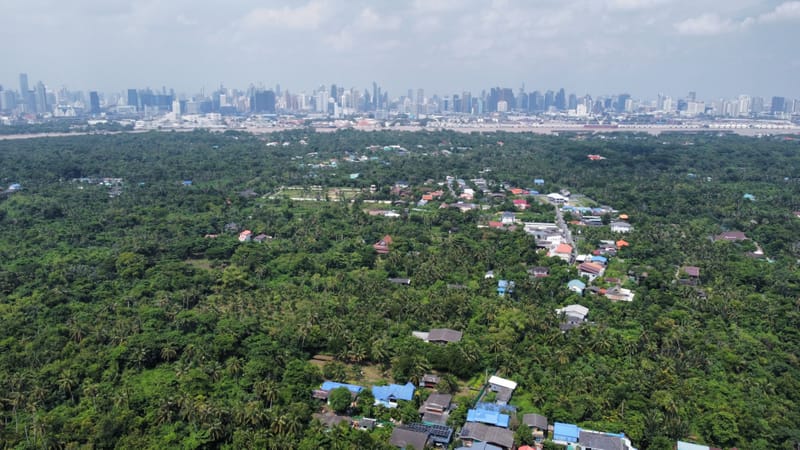
Developing countries need something approaching US$2.6 trillion each year in new investment over the next decade if they’re to meet the goals of the 2030 Agenda for Sustainable Development and the Paris Agreement on climate.
It’s a staggering figure, and the COVID-19 pandemic has only made the problem more acute. Southeast Asia, for example, now faces a socioeconomic crisis that could reverse decades of poverty reduction, while experts warn that the spending required to kick-start economies might lead to an increase in greenhouse gas emissions.
A fork in the road
The investment required to reboot after the COVID-19 crisis is extraordinary. The direction this investment takes will either set back our efforts to solve climate change and achieve sustainable development for decades, or it will catapult us forward to a future where economies and people prosper, and where the climate and natural environment are safeguarded. That’s why a green COVID-19 recovery is critical.
Prioritising the sectors for investment, however, poses a big challenge. In the short term, the World Bank says, investment decisions should consider job creation, economic multiplier, and additional stimulus benefits. In the long term, they should take into account resilience to future shocks, decarbonisation and sustainable growth.

Crucially, stimulus investment must not create a risk of stranded assets or environmental and health costs – a possibility when governments opt to invest in declining technologies or in areas exposed to risks of disasters.
Investment in the global health system is important to create a resilient global community. This includes disease surveillance and control, research on the causes and treatment of diseases, research for a vaccine, information sharing, outbreak preparedness, and standards and guidelines.
Clean energy for job creation
Alongside health, a focus on low-carbon, climate-resilient infrastructure across energy, road and rail, sanitation and water can provide jobs while quickly pivoting economies towards green growth. For example, The American Recovery and Reinvestment Act of 2009 made the largest single investment in clean energy in US history, and subsequently created 900,000 clean energy jobs (almost 100,000 jobs in the solar industry alone).
In developing countries, the net benefit of investing in resilient infrastructure able to withstand extreme weather events can create $4 for every $1 invested. Further in developing countries, investment in climate information systems and early warning could save farmers and other vulnerable groups from crop failure due to extreme weather events.
Read more: SMART: supporting Pacific Islands to lead the way in climate action and leadership
For small island developing states such as in the Caribbean, the Pacific, and the Indian oceans, renewable energy could prevent further economic downturn by reducing fuel import costs and improving energy security.
ClimateWorks’ studies focusing on Vietnam, Indonesia and the Philippines found that investments in green technology (solar photovoltaic cells, smart grids, energy storage, wind power, geothermal, industrial energy efficiency, etc) provided the best opportunity for developing domestic industry, driving sustained growth, fostering national competitiveness, and achieving sustainable development outcomes.
The inclusion of maritime industries and ecosystems is also an essential component in any green recovery. The ocean economy is worth $2.5 trillion per year; more than three billion people rely on the oceans for their food and livelihoods.
Oceanic sectors of the economy such as tourism and fisheries have been some of the most heavily impacted by COVID-19. Investing in "blue" sectors could save 75 million jobs at risk globally. Recovery efforts must again, though, be undertaken in a manner that also protects the marine environment and enhances ocean and coastal resilience.
The ocean transports about 90% of world trade. With supply chains now disrupted by COVID-19, investing in decarbonising shipping and the construction of green ports, for example, can benefit economies and enhance livelihoods, as well as reduce emissions and protect ecosystems.
Interventions to prevent marine plastic pollution and a shift towards circular economy principles in existing manufacturing to eliminate waste through better design, will also have significant positive outcomes.
Read more: All at sea? A global plastics treaty is needed to fill the gaps in the existing conventions
Before COVID-19, approximately eight million tonnes of plastic waste was dumped into our oceans every year. Because the pandemic meant an increased need for hygiene and protective equipment, the quantity of single-use plastic entering the ocean increased.
With two billion people lacking access to waste-management systems globally, action on plastics pollution will improve tourism, sustainable fisheries, conservation of threatened species and ecosystems, climate change mitigation, and livelihoods for some of the world’s most vulnerable people.
A guide to growth
To help governments take advantage of this "once in a lifetime" opportunity to rapidly pivot economies away from emissions-intensive growth and towards green growth, the ClimateWorks Centre has developed Growth through transformation: An investment vision guide for climate and development. The guide outlines a five-part process to equip decision-makers with tools to unlock green finance and achieve maximum "bang for buck" with economic recovery, climate and sustainable development. It can help prioritise sectors and industries that have growth and jobs potential over the coming decade, while identifying risks associated with a low-carbon transition.
To learn more about the guide, register for ClimateWorks’ upcoming webinar on 8 October, an event featuring perspectives from Indonesia, Europe and Australia.





